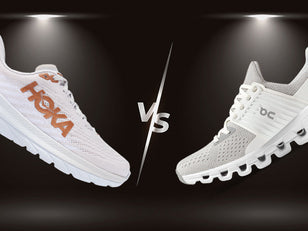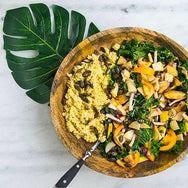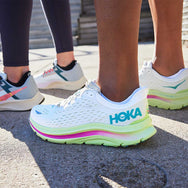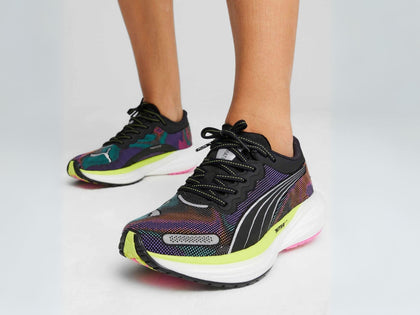
In the Netflix documentary called ‘Game Changers’ that features the likes of Arnold Schwarnegger, Jackie Chan, Lewis Hamilton and Novak Djokovic, meat and dairy are painted as deadly, while vegan diets are praised for being the only solution for optimal health, sporting performance and for the environment.
The documentary has definitely caused a stir. Is it right? Should we really be looking to change our dietary game in 2020?
Pros: It debunks common vegan myths
There is no doubt that the documentary presented the science in a convincing and compelling way, which would have significant influence on viewers. The documentary is incredibly well produced and does well to bust the following important myths about plant based eating such as:
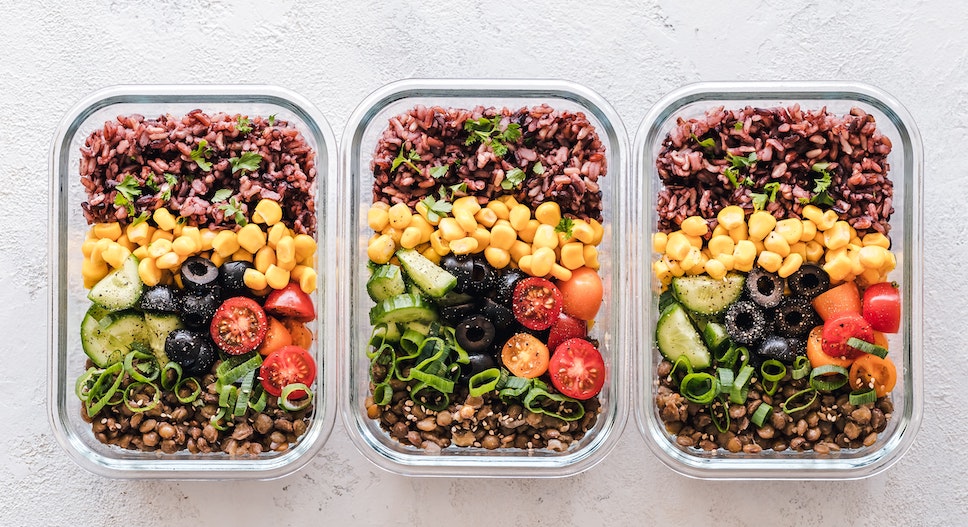
‘A vegan diet cannot meet your protein requirements’
Plants foods do contain protein, albeit in lower amounts and different composition to meat. An appropriately planned (note that key word!) vegan diet can definitely meet your protein intake. Whilst food containing plant based proteins is not needed at every meal, it is vital to ensure that a vegan diet is well varied. In terms of the quantity of protein to be consumed, as long as an individual meets their energy requirements then a diet based purely on plant foods will provide sufficient protein. The movie conveys this message well.
‘Eating meat makes you more masculine’
There is a common perception in society that boys need to eat more meat than girls and that bigger biceps equate to eating more chicken breasts. The film demasculinises meat very well by showing high-profile elite male strength and endurance athletes excelling on a plant-based diet.

‘Vitamin B12 deficiency is a consequence of meat and dairy avoidance’
Vegans are always recommended to supplement their diets with B12 as their diets are low in it. As shown by the documentary, this is due to the current poor quality of our soil and farming practices, which in turn have resulted in plant-based foods no longer contain adequate amounts of B12.
‘Vegan food is boring’
Being vegan doesn't have to mean living on a diet of lettuce and carrots forever. The movie shows that indeed with good planning and preparation you are able to make plants taste delicious.
What we do know without a doubt, is that we could have a healthier population and could help the environment if we included more plant based foods in our diets. It’s great that the movie removes misconceptions and popularises a diet that is predominantly based on plants.
Cons: The science of cherry picking
Whilst the movie used several doctors in while lab coats, celebrities giving anecdotal evidence and engineered experiments to create the shock value, the documentary is also full of loopholes too.
The health and wellness world can be a very confusing place at times, as it’s a space that is plagued with myths and messages that are somewhat biased due to hidden agenda undertones. That is why it is always important to not believe everything you read and hear and to ask questions.

Is the vegan diet really superior?
The goal of this documentary is clearly to leave the viewers to question their own lifestyle choices and to consider changing it to a “superior one”. Superior being vegan. Interestingly the science to date does not prove that being vegan is best. The research definitely shows that we could have a healthier world if we included more plant based foods in our diets. However, the evidence doesn’t yet say that being vegan is the only way. Diets like the Mediterranean diet which incorporate fish, poultry, a little red meat, some dairy and LOTS of plant based foods have also been shown to correlate with reducing the risk of several chronic diseases and all-cause mortality.
What is also Important to note here, is that the much-praised Mediterranean diet focuses more on the quality of foods. That means quality of plant based foods too. Because technically, a diet of fizzy drinks, sweets, biscuits, lots of vegan pizza and fries is still vegan. Yet I’m sure you would agree that following a diet like this is neither good for you or the environment.
One size does not fit all
The movie works in absolutes and fails to narrate that ultimately being vegan is not the answer for most. You can get many of the health benefits of eating plant-based without going all the way. This narrative is completely ignored with the documentary. In addition, if one was thinking of going vegan it fails to bring a practical, balanced and realistic approach to plant-based eating for the majority. One size doesn’t and will never fit all.
Simplistic presentation of data
The documentary’s use of subjective wellness measures, such as saying blood that is “nice and clear” is “healthy”, is very simplistic. Who says cloudy blood is necessarily unhealthy? Within the documentary, reference is made to one study to try and support this argument. However, always know that for every bit of research that says one thing, there will always be another bit saying the contrary. Throughout the movie the evidence presented is cherry picked to support the narrative of the documentary which is essentially poor science. The correct thing to do is present both sides of the story and from there, draw conclusions.
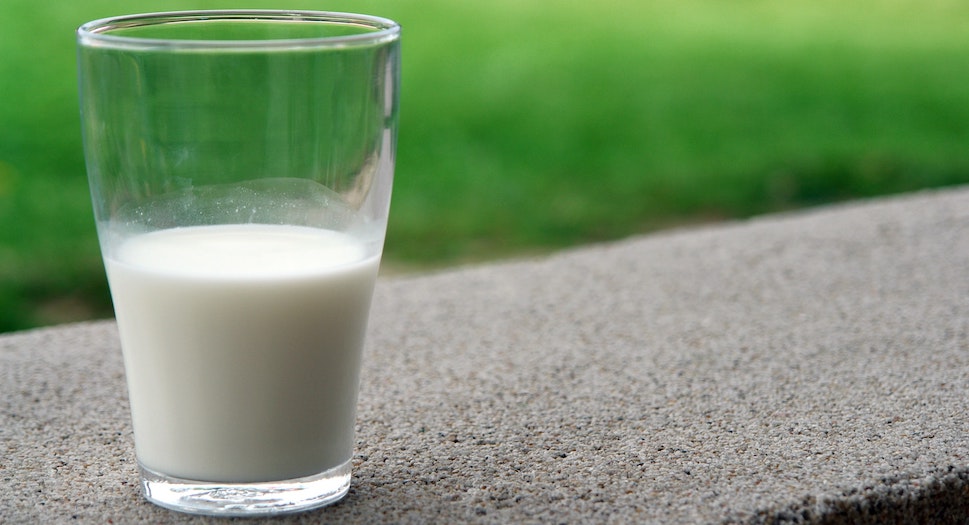
Dairy is not nutritionally evil
The Game Changers vilifies dairy. This is another example of a one-sided story. The documentary ignores the many studies that show an association between dairy consumption and positive health outcomes, including:
- Improved blood lipid profiles
- A reduced risk of cardiovascular disease
- Improved insulin resistance
- A reduced risk of type II diabetes
Game Changers also doesn’t put into context the quantity and quality of dairy consumed.
Lastly, observational data also shows that many indigenous populations, such as the Masai, consume large amounts of dairy, yet live largely free of the age-related diseases that plague the Western world. The question to ask is what is right for you as an individual?
Do you need to change your game?
I am a firm believer that we could ALL do with a lot more plant-based protein and plant based foods in our diets. When done right, a vegan diet can be super nutritious and can contribute to a healthy lifestyle and healthy environment.
However, pushing everyone down the vegan road is just not cool, achievable or practical for most. Personally, a plant based diet that includes a small amount of high quality animal based proteins and fats is what works best for me.
References
- Vegan Society – the stats. https://www.vegansociety.com/news/media/statistics
- Garnett T. 2014. What is a sustainable healthy diet? Food Climate Research Network, Oxford
- Ranganathan J,Vennard D , Waite R et al. 2016. Shifting diets for a sustainable food future. World Resources Institute.
- Vermeulen S, Campbell B, Ingram J, 2012. Climate Change and Food Systems. Annual Review of Environment and Resources. Vol 37.195 – 222.
- Orlich MJ, Singh PN, Sabate J, et al. Vegetarian dietary patterns and mortality in Adventist Health Study 2. JAMA Intern Med. 2013;173(13):1230-1238.
- Becoming Vegan: The Complete Guide to Adopting a Healthy Plant-based Diet by Brenda Davis, RD, and Vesanto Melina, MS, RD
- Venti CA, Johnston CS. Modified food guide pyramid for lactovegetarians and vegans. J Nutr. 2002;132(5):1050-1054.
- Frank M et al. Dietary fats and CVD. Circulation 2017; 136

























